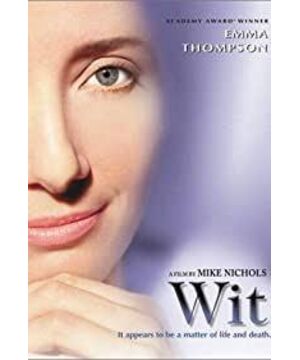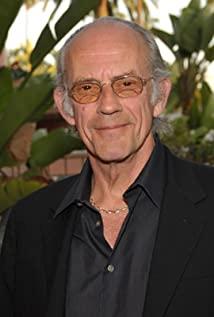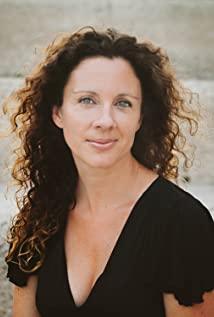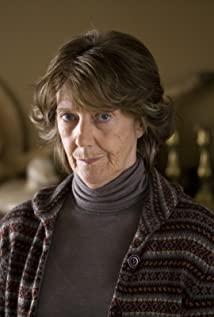I am deeply obsessed with Emma Thompson's standard London accent. Compared with the accents of several other American actors, it adds a bit of elegance and nobility. I have to admire HBO's Chinese translators, who translated the lines very accurately, and John Donne's poems were also translated in half-literal and half-white translations, beautifully. . .
In the last part of Vivian's death, he could barely breathe. When the music played, he realized that he was already full of tears. . .
The music http://www.youtube.com/watch?v=AIcI74tOsMc&feature=related , seems to be a dubbed version of German or something, only listening to music. .
View more about Wit reviews











